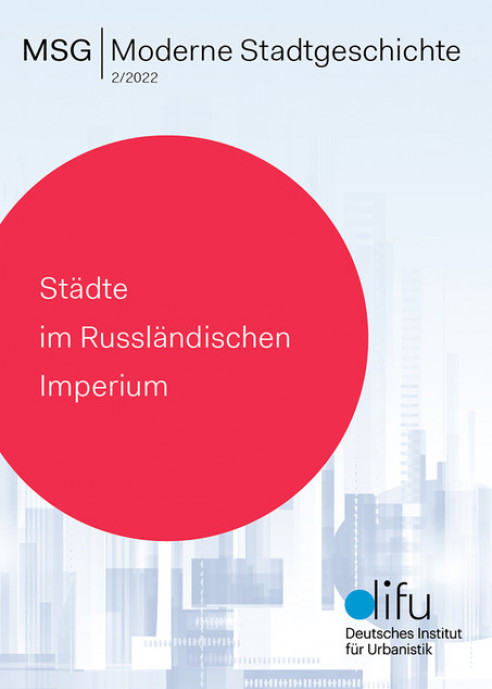Recruitment in Provincial Towns. Social Relations and the Evolution of Political Culture during the Napoleonic Wars
DOI:
https://doi.org/10.60684/msg.v53i2.62Schlagworte:
Stadtgeschichte, Russländisches Imperium, Napoleonische KriegeAbstract
By the 1800s, social relationships and political culture in provincial Russian towns were close to those of the peasantry. The meshchane – the commune of lower- and middle-income families – nominated recruits to the military, a practice inherited from the rural commune. The nomination, dominated by commune leaders and rich families, helped to maintain traditional social and political order. This is a study of three towns in the province of St. Petersburg during the regular military levies of the 1790s-1810s, but especially during the first nationwide mobilizations in Russia – the militia levies of 1806-7 and 1812. During the first militia levy, traditional nomination proved insufficient for the purposes of mass war. Far more recruits were required: bias, conflict, and violence increased. Commune elders used nominations to cleanse the town of undesirables. In response, new legislation in 1808-10 improved the position of single men, the poor, small families, and newcomers. This reduced conflict and delay during the recruit levies. The positive changes were especially visible during the 1812 militia levy. In the longer term, the revision of nomination had an important regulatory and modernizing effect.
Downloads
Veröffentlicht
Ausgabe
Rubrik
Lizenz
Copyright (c) 2022 Mikhail Belan

Dieses Werk steht unter der Lizenz Creative Commons Namensnennung 4.0 International.






